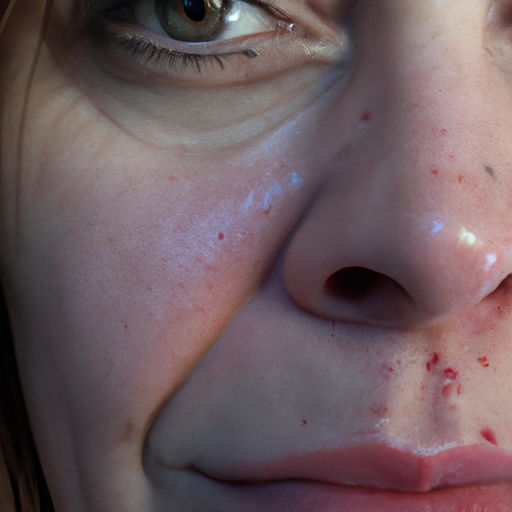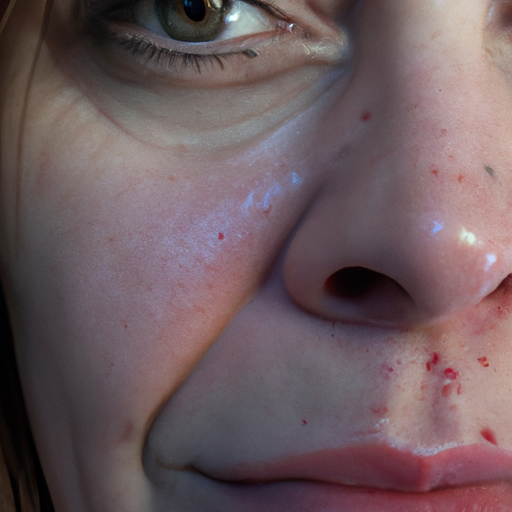Title: Unmasking Acne: A Dermatologist’s Deep Dive into Symptoms and Causes
Acne, a common skin condition that affects millions worldwide, is often misunderstood and misdiagnosed. As a dermatologist, I have spent years studying and treating this skin disorder. In this article, we will unmask acne, delving deep into its symptoms and causes to provide a comprehensive understanding of this prevalent condition.
Acne is not just a teenage problem; it can affect people of all ages. It manifests as different types of blemishes on the skin, including whiteheads, blackheads, papules, pustules, nodules, and cysts. These blemishes typically appear on the face, but can also develop on the back, chest, and shoulders. Symptoms can range from mild to severe and can cause physical discomfort as well as emotional distress due to their impact on appearance.
Understanding the causes of acne is essential in its effective treatment. The primary cause of acne is the overproduction of oil (sebum) by the sebaceous glands in the skin. This overproduction can be triggered by various factors including hormonal changes during puberty, menstruation, or pregnancy.
Another significant cause of acne is the accumulation of dead skin cells within the hair follicles. Instead of shedding naturally, these cells combine with sebum to form a plug, creating an environment where bacteria can thrive. The bacterium Propionibacterium acnes (P. acnes) is particularly associated with this condition. It can cause inflammation and redness, leading to the formation of acne lesions.
Certain lifestyle factors can also contribute to acne development. These include stress, diet, lack of sleep, and certain medications. Contrary to popular belief, acne is not caused by poor hygiene or eating greasy foods, although a healthy diet and good skincare routine can help manage the condition.
Genetics also play a role in acne. If your parents had acne, you’re more likely to develop it too. However, the connection between genetics and acne is not fully understood and is a subject of ongoing research.
In some cases, acne can be a symptom of an underlying medical condition like Polycystic Ovary Syndrome (PCOS) in women. Therefore, if your acne is persistent or severe, it’s essential to seek professional medical advice.
In conclusion, acne is a complex skin condition with various symptoms and causes. Understanding these can help in its effective management and treatment. As a dermatologist, I recommend maintaining a healthy lifestyle, following a good skincare routine, and seeking professional help when needed. Remember, every skin is unique and what works for one person might not work for another. Therefore, personalized treatment is key to successfully unmasking and combating acne.
Keywords: Acne, Dermatologist, Symptoms, Causes, Skin Condition, Sebum, Propionibacterium acnes, Lifestyle Factors, Genetics, PCOS.




